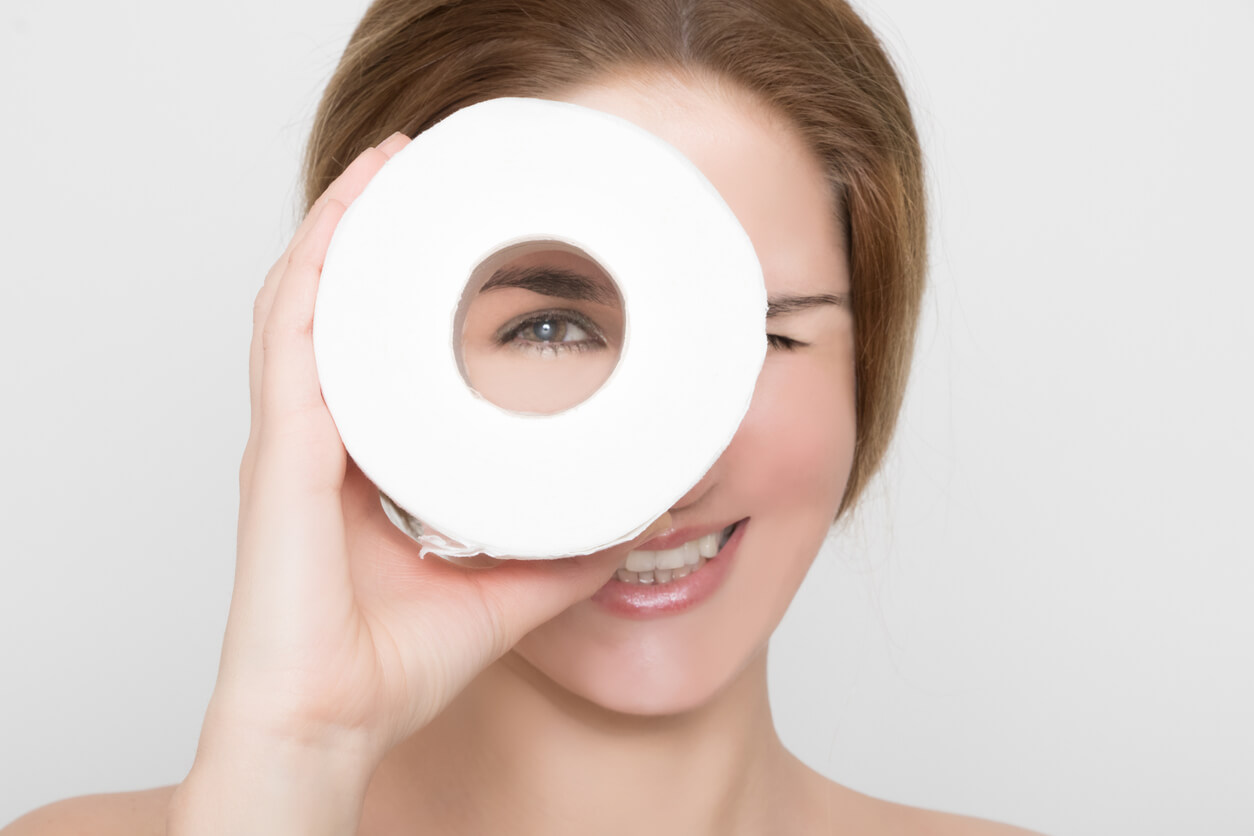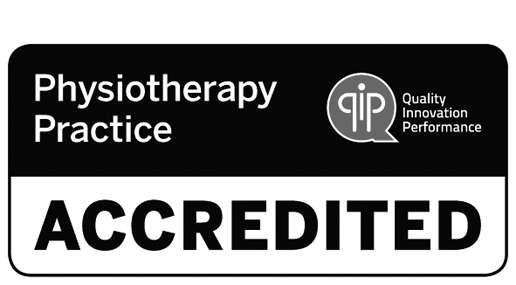5 Tips To Keep Your Bladder Happy and Healthy At Home
COVID was an interesting time for many reasons. One unexpected outcome was the impact on bladder function and the increase in bladder problems - people needing to urinate more often, rushing to the toilet, having accidents on the way, and waking more often overnight to urinate. So many factors contributed to this, such as drinking too much caffeine (and alcohol!!), high stress & anxiety levels, and changes in bladder habits due to having easy access to the toilet.
Interestingly, when people returned to working on site – they reported an increase in bothersome bladder symptoms because they were no longer as close to the toilet – and had developed bad habits.
During COVID we shared our top tips for keeping your bladder happy and healthy at home. We have reviewed and updated them as they remain relevant and are applicable to everyone – whether you spend more of your day at home or out of the house.
1. Be mindful of your caffeine intake and bladder fill rate
When you are spending more time at home, it’s easy to keep popping on the kettle for another cuppa. Drinking too much caffeine can have an impact on your bladder function. We think caffeine irritates your bladder and will make you want to urinate more often. If you drink caffeinated drinks quickly so they don’t get cold – this can lead to a fast bladder fill rate and increased urgency. Cutting back on the caffeine will help relax your bladder, reduce your overall fluid intake and can also make a big difference if you are waking overnight to urinate.
So how much caffeine is ok? As a general guide, if you are having 2 litres of fluid intake in a day, less than half should be caffeinated drinks. Also avoid drinking caffeine in the evening if you want to wake less overnight. To learn more about healthy fluid intake, check out our blog article on
Busting Myths About Fluid Intake.
2. Avoid going to the toilet ‘just in case’
Did you know that going to the toilet ‘just in case’ isn’t healthy for your bladder? When you do this, it teaches your bladder to feel full with a smaller volume of urine. Doing this occasionally is ok, but doing it frequently can negatively affect your bladder capacity.
This habit can worsen if you spend more time at home but can also develop when you are out of the house. With easy access to the toilet, it’s tempting to go to the toilet more often. However, holding on until your bladder feels comfortably full and being able to defer the urge will help keep your bladder able to hold a healthy capacity.
3. Ensure your pelvic floor muscles are working optimally
Your pelvic floor muscles play an important role in supporting, controlling and emptying your bladder. If they are too weak or too tense, you might notice a change in your bladder symptoms. Keeping your pelvic floor muscles in good shape is vital to stay on top of bladder problems. You can learn more about this amazing muscle in our blog article
The Mystery & Magic of the Pelvic Floor Muscles.
4. Reduce stress
Did you know stress has a HUGE impact on your bladder? Remember the days at school or uni when you were waiting to do an exam, and you felt you needed to wee 20 times before it started? Stress triggers the ‘fight or flight’ response in your brain, which switches your bladder to ‘empty’ mode. Calming down your mind and body is helpful to counteract this. A really easy way to do this is by practicing mindfulness or relaxation. To get you started, you can access a
guided relaxation or
guided mediation, recorded by one of our experienced physiotherapists Jane Richards. It can also help to engage with your breath in a mindful way, learn more about this in our blog article
Breathe for Your Pelvic Health.
5. Retrain your bladder
If your bladder is being a little more stubborn, you might need a course of bladder retraining under the guidance of one of our pelvic health physiotherapists. Bladder retaining involves the physiotherapist asking you to complete a bladder diary, which requires you to record and measure the volume of each urination day and night and everything you drink for 2 days. Then, depending on the results of the diary and your history, they will create an individualised program for you to retrain your bladder, which usually involves learning techniques that calm the urge to urinate. Our blog
Rushing to the toilet? You're not alone! explains more about this.
We hope you enjoyed reading these 5 tips. We have more information about bladder symptoms on our website under the Bladder icon on the home page.
January 2026





